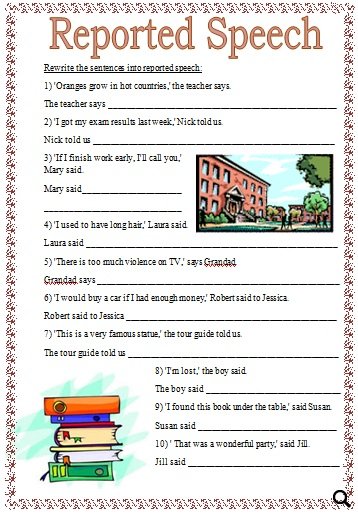
I'm not sure if that's the case here or not, but this sort of thing is not at all uncommon. It can be difficult to give enough context to fully explain the choice of a verb tense, and often textbooks choose simpler explanations because more complex ones can be more confusing. He apologised for not getting back to me sooner.ĭo this exercise to test your grammar again.'I'm really sorry I didn't get back to you sooner.' Verbs like admit, apologise for, complain about, deny, insist on, mention and suggest can follow an -ing form pattern. The police officer warned us not to go in there.The guide told us to wait for her in reception.We can also use an infinitive to report imperatives, with a reporting verb like tell, order, instruct, direct or warn. They advised us not to write our passwords down.'It's not a good idea to write your passwords down.' She promised to do the report by Friday.'I'll do the report by Friday, for sure.' Verbs like advise, agree, challenge, claim, decide, demand, encourage, invite, offer, persuade, promise, refuse and remind can follow an infinitive pattern. Many reporting verbs can be followed by another verb in either an infinitive or an -ing form. However, we can also use other reporting verbs. When we tell someone what another person said, we often use the verbs say, tell or ask. Reported speech 3 – reporting verbs: 1 Grammar explanation Indirect speech: He denied finishing the coffee.

Indirect speech: He told us to wait there.ĭirect speech: 'It wasn't me who finished the coffee,' he said. Indirect speech: She persuaded me to come.

Look at these examples to see how reporting verbs are used.ĭirect speech: 'You should come, it's going to be a lot of fun,' she said.


 0 kommentar(er)
0 kommentar(er)
